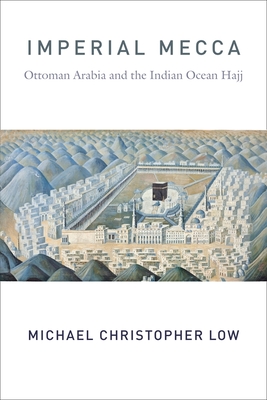Expedite your nonfiction book discovery process with Readara interviews, summaries and recommendations, Broaden your knowledge and gain insights from leading experts and scholars
In-depth, hour-long interviews with notable nonfiction authors, Gain new perspectives and ideas from the writer’s expertise and research, Valuable resource for readers and researchers
Optimize your book discovery process, Four-to eight-page summaries prepared by subject matter experts, Quickly review the book’s central messages and range of content
Books are handpicked covering a wide range of important categories and topics, Selected authors are subject experts, field professionals, or distinguished academics
Our editorial team includes books offering insights, unique views and researched-narratives in categories, Trade shows and book fairs, Book signings and in person author talks,Webinars and online events
Connect with editors and designers,Discover PR & marketing services providers, Source printers and related service providers

Imperial Mecca: Ottoman Arabia and the Indian Ocean Hajj
History > Middle East - Turkey & Ottoman Empire
- Columbia University Press
- Paperback
- 9780231190770
- 9 X 6 X 1 inches
- 1.25 pounds
- History > Middle East - Turkey & Ottoman Empire
- (Single Author) Asian American
- English
Readara.com
Book Description
Michael Christopher Low analyzes the late Ottoman hajj and Hijaz region as transimperial spaces, reshaped by the competing forces of Istanbul's project of frontier modernization and the extraterritorial reach of British India's steamship empire in the Indian Ocean and Red Sea. Imperial Mecca recasts Ottoman Arabia as a distant, unstable semiautonomous frontier that Istanbul struggled to modernize and defend against the onslaught of colonial steamship mobility. As it turned out, steamships carried not just pilgrims, passports, and microbes, but the specter of legal imperialism and colonial intervention. Over the course of roughly a half century from the 1850s through World War I, British India's fear of the hajj as a vector of anticolonial subversion gradually gave way to an increasingly sophisticated administrative, legal, and medical protectorate over the steamship hajj, threatening to eclipse the Ottoman state and Caliphate's prized legitimizing claim as protector of Islam's most holy places. Drawing on a wide range of Ottoman and British archival sources, this book sheds new light on the transimperial and global histories traversed along the pilgrimage to Mecca.
Author Bio
Michael Christopher Low’s primary research interests include the late Ottoman Empire, the Arabian Peninsula, the Indian Ocean World, and Environmental History. He received his Ph.D. from Columbia University in 2015 and is currently an Assistant Professor of History at Iowa State University.
Low is the author of Imperial Mecca: Ottoman Arabia and the Indian Ocean Hajj (Columbia University Press, 2020). Drawing on Ottoman and British archival sources as well as published materials in Arabic and modern Turkish, Imperial Mecca analyzes how the Hijaz and the steamship-era pilgrimage to Mecca simultaneously became objects of Ottoman modernization, global public health, international law, and inter-imperial competition during the late nineteenth and early twentieth centuries. Low is also co-editor (with Lâle Can, Kent Schull, and Robert Zens) of The Subjects of Ottoman International Law (Indiana University Press, 2020).
Low’s articles have appeared in Comparative Studies in Society and History; Comparative Studies of South Asia, Africa and the Middle East; Environment and History; the International Journal of Middle East Studies; and the Journal of the Ottoman and Turkish Studies Association. He also serves on the editorial boards of the Journal of Global History and the Journal of Tourism History.
His research and language training have been supported by the American Institute for Yemeni Studies; Columbia University’s Institute for Religion, Culture, and Public Life; the David L. Boren National Security Education Program; the Institute of Turkish Studies; Iowa State University’s Center for Excellence in the Arts and Humanities; Koç University’s Research Center for Anatolian Civilizations; and the Social Sciences and Humanities Research Council of Canada.
While in residence at NYU Abu Dhabi, Low will be working on a new monograph project and several articles exploring the entangled enviro-technical histories of desalination technology, water production, infrastructure, energy, and climate change in the Arabian Peninsula, the wider Middle East, and more globally.
Source: Iowa State University
Videos




Community reviews
No Community reviews

